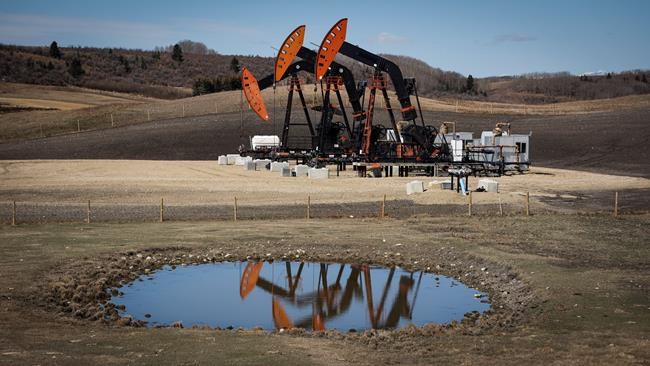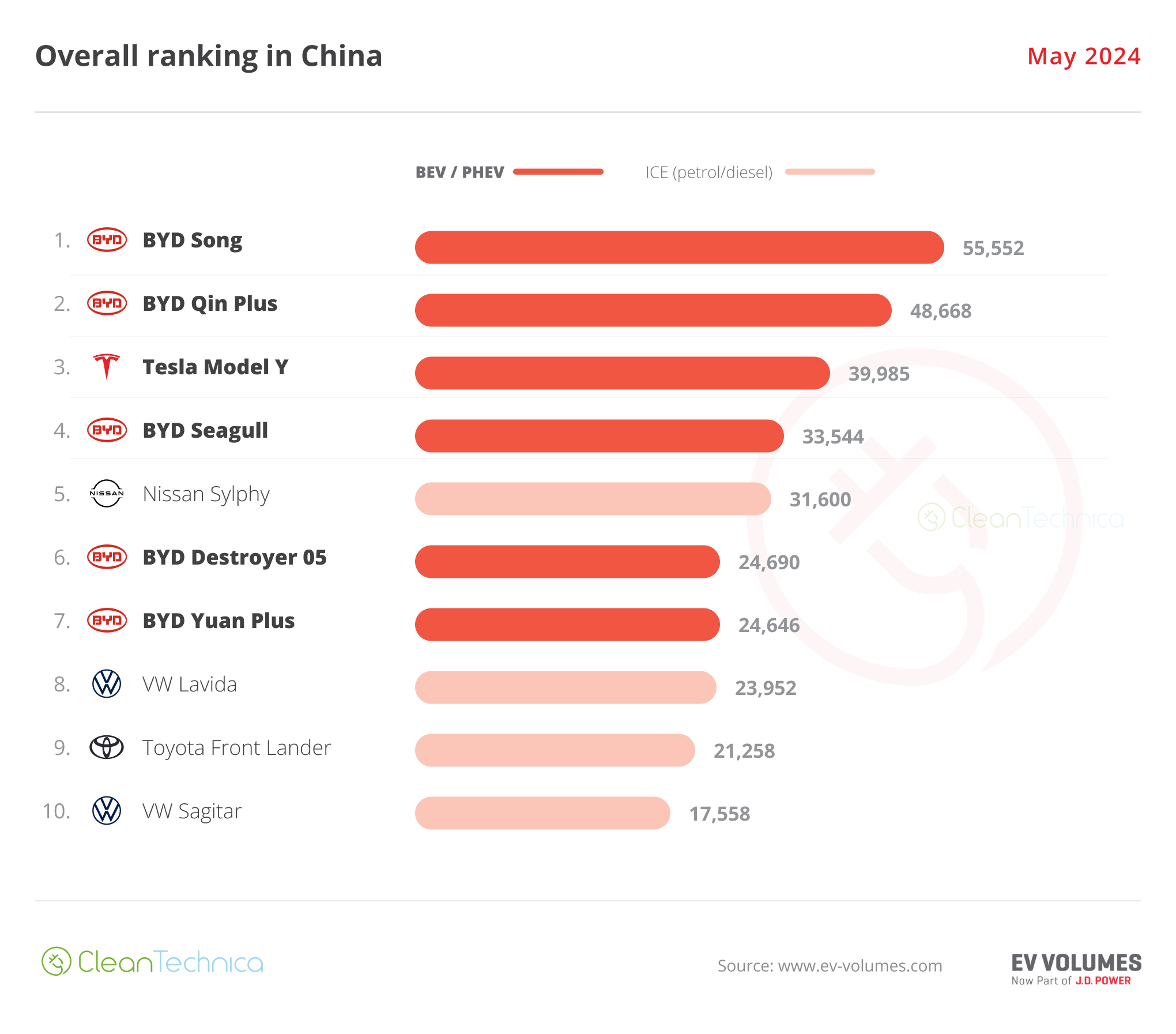
CALGARY — A growing number of forecasts are calling for the return of US$100 oil before the end of the year — a prospect that could put even more pressure on consumers and make it harder for central bankers to rein in inflation.
North American benchmark crude West Texas Intermediate has surged 30 per cent since June 1 and is hovering this week around US$90 per barrel, its highest point since November of last year. Global benchmark Brent crude was trading higher than US$93 on Wednesday.
In recent days, a number of analysts have revised their forecasts with the view that triple-digit oil prices may now be in the cards for this fall. Bank of America, Citigroup and Goldman Sachs are now all predicting US$100 Brent crude prices before 2024, as is Chevron CEO Mike Wirth, according to a Bloomberg report.
“We’re chewing on this right now,” said Andrew Botterill of Deloitte Canada, in an interview Wednesday in Calgary, where hundreds of oil and gas executives from around the globe are gathered this week for the 24th World Petroleum Congress.
Botterill said he’s currently working on Deloitte’s upcoming oil price forecast report and considering whether to revise his own earlier projections higher.
“I can absolutely see it ($100 oil) … I absolutely think we will have moments,” Botterill said.
“I can list a lot more reasons why oil will move up right now than down.”
Last week, the International Energy Agency predicted that world oil demand is forecast to grow to 101.8 million barrels per day by the end of this year, driven by resurgent Chinese demand.
In addition, Saudi Arabia and Russia recently agreed to extend their voluntary oil production cuts through the end of this year, leading to what the IEA calls a “substantial market deficit.”
“We have very firm global demand right now,” Botterill said.
“And as we get into the winter, that’s always a big consumption season as you start to see heating demand … So that really has us looking at how much we might see that (price) strengthening.”
Surging oil prices in the months ahead will likely make efforts by the Bank of Canada and other central bankers to get inflation under control more challenging.
According to Statistics Canada, Canada’s annual inflation rate has risen for two consecutive months, with higher gasoline and energy prices the major driving factor.
Fuel price tracking website GasBuddy.com says the average gasoline prices in Canada Wednesday was $1.67 per litre, nearly 15 cents higher than the 2022 average.
“Energy costs play a big role in all of our lives, and they’re certainly a big part of the inflation calculation for Canada,” Botterill said.
“With these firm prices, will we see that soften some of the demand? Will you and I turn our thermostat down, drive a little less? I hope so, but it’s the big (global) demand picture that’s really continuing to grow.”
However, Canadian energy companies are well-positioned to benefit from higher prices, said Lisa Baiton, president of the Canadian Association of Petroleum Producers on Thursday.
“The outlook is really bullish, for the foreseeable future,” she said. “You’re seeing a lot of activity, some M&A and consolidation. Companies are well-capitalized, and they’re willing to put their capital at play.”
Many Canadian oil and gas companies reaped record profits in 2022 due to the post-Ukraine invasion oil price spike. They were also criticized by environmentalists for directing the bulk of those profits into returns for shareholders, rather than investing in major emissions reduction projects.
But Baiton said Canadian companies are at a disadvantage to their American counterparts, who have access to an aggressive suite of government financial incentives for the deployment of technologies such as carbon capture and storage.
“Our members are ready to deploy capital into next-gen decarbonization projects. But again, capital is mobile – it will go to where there’s the greatest rate of return,” she said.
Keith Stewart of Greenpeace Canada said whether or not energy companies choose to invest in decarbonization projects, $100 oil may actually speed up the global energy transition.
“High oil prices are a double-edged sword for the oil industry, because while they mean big profits today, they also make alternatives like energy efficiency, electric vehicles and heat pumps much more attractive,” Stewart said.
In a research note, Eight Capital analyst Phil Skolnick said for the full year 2024, he continues to forecast an average WTI price of US$86 per barrel and an average Brent price of US$90.
But he is also bullish on oil prices for this fall, pointing out that OPEC’s global demand forecast for 2023 is a record 103 to 104 million barrels per day — even higher than the IEA’s forecast.
“If OPEC’s prediction turns out to be correct, the Q4/23 supply deficit may be the biggest in more than a decade,” Skolnick wrote.
This report by The Canadian Press was first published Sept. 20, 2023.
Amanda Stephenson, The Canadian Press
Share This:
Next Article



